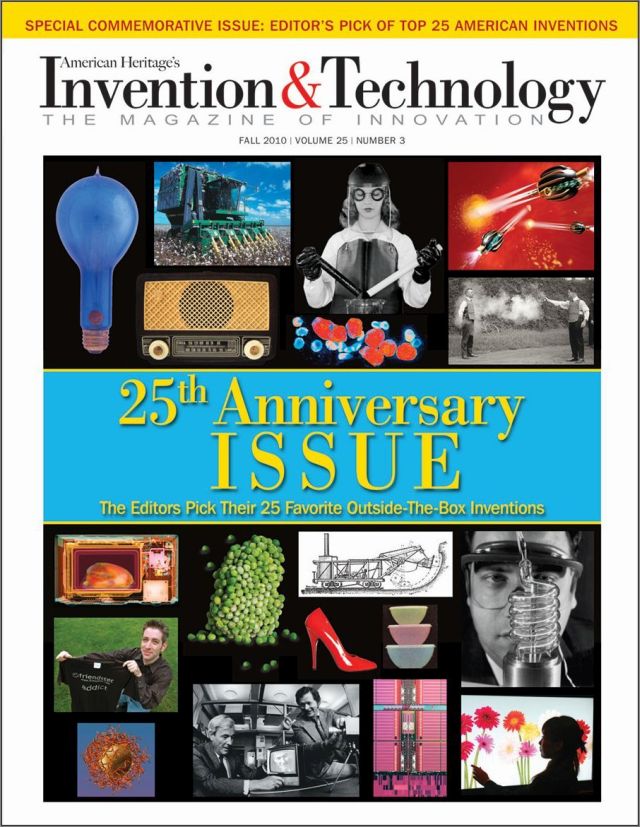
The story was part accident, part reward for curiosity.

The story was part accident, part reward for curiosity.
It was the Ides of March, 1971, when a senior editor in the New York Times Washington Bureau told me to head for New York for a Vietnam project and to take clothes for a few days. His cryptic instructions were for me to meet Neil Sheehan, our Pentagon correspondent, at the Hilton Hotel in mid-town Manhattan. No details.
I sensed something was up but that was not unusual since Neil and I had worked hush-hush projects before. But when I walked into the hotel room, Sheehan exploded like a thunderbolt.
”Rick, we got it!” he burst out. “We’ve got the whole damned story.”

Editor’s Note: Leonard Downie Jr. was a reporter and editor for 44 years at the Washington Post and now teaches journalism at the Cronkite School. During his 17 years as executive editor, the Post won 25 Pulitzer prizes. Mr. Downie has adapted the following essay from his recent book, All About the Story: News, Power, Politics and The Washington Post.
In June 1971, I was working as a city editor at the Washington Post when publication of the Pentagon Papers by the New York Times and our paper created a nationwide furor.

Network television news can’t survive long-term in its current form, according to CBS “60 Minutes” correspondent Lesley Stahl, who says news broadcasting has suffered a long-term crisis that has at times “shredded” its credibility.

Every New Yorker knows the story of how they were robbed.
Penn Station is destroyed and replaced with a structure that nearly all agree is an architectural abomination, and everybody feels a part of our history and public space was violated.
Fast forward almost 50 years, Governor Andrew Cuomo, whether right or wrong in this, begins moving the process forward to beautify and expand what is the nation’s largest transit hub in Midtown Manhattan.

We offer FREE SUBSCRIPTIONS to American Heritage so that as many people as possible—including students and teachers—can read trusted essays about our nation's history.
You are welcome to join us and receive several monthly emails linking to new articles as we post them.
We also ask that you consider A DONATION to help our volunteers keep this extraordinary tradition alive, with more great essays by today's leading historians.
 The sister magazine of American Heritage, Invention & Technology is the only popular magazine in the US about the history of technology.
The sister magazine of American Heritage, Invention & Technology is the only popular magazine in the US about the history of technology.
For 25 years, it has explored and celebrated the inventive spirit with evocative stories about the men and women whose ingenious solutions have transformed the fabric of our world. It has taken its readers behind the scenes, tracing the evolution of technology in fields ranging from kitchen gadgets and video games to aerospace and applied physics.